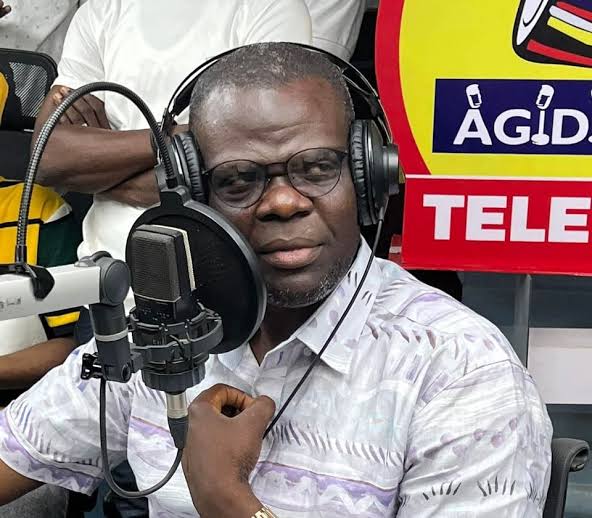The Senate has released its midterm scorecard, announcing that “we introduced 983 bills, passed 108 in two years”—a milestone that underscores the legislative strides made since the inauguration of the 10th National Assembly on June 13, 2023.
The current Senate, led by Senator Godswill Akpabio, marked its two-year anniversary on June 12, with legislative data reflecting steady progress.
According to the Leader of the Senate, Senator Opeyemi Bamidele, 108 of the bills introduced have been passed into law as Acts of the National Assembly.
Records indicate that more bills were introduced and passed during the 2024/2025 legislative session than in the 2023/2024 session.
A statement from the Senate Leader’s office in Abuja on Sunday explained that the upper chamber “leveraged the instrument of strategic engagement” to drive key legislation that helped stabilise Nigeria’s political and economic environment.
READ ALSO:
‘Saudi Push Continues,’ Al Hilal Refuse To Give Up On Osimhen Despite Initial Rejection
Kwara Pilgrims Get $500 Refund After Dollar Swap Fraud In Saudi Arabia
FCCPC Summons Air Peace Over Flight Cancellations, Unpaid Refunds
US Senator, Rep Shot Inside Their Homes
Senator Bamidele noted:
“In the 2024/2025 legislative year, 506 bills were initiated in the Senate compared to 477 in 2023/2024—a 6.07% increase. The Senate also fully passed 83 bills into law this session, compared to just 25 in the previous year.
“This represents a 232% increase in fully enacted legislation. We also considered 26 executive bills in 2024/2025, up from 13 in 2023/2024. Private member bills rose from 464 to 480 over the same period.”
Additional data shows:
Bills awaiting first reading: 89 in 2024/2025, compared to 135 in 2023/2024
Bills awaiting second reading: 230 in 2024/2025, compared to 45 previously
Appointments confirmed: 116 in 2024/2025, down from 215
Petitions resolved: 80 in 2024/2025, up from 50
Key bills passed into law include the National Social Investment Programmes Act, 2023; Student Loan (Access to Higher Education) Act, 2024; National Minimum Wage Amendment Act, 2024; Investments and Securities Act, 2025; Regional Development Commission (Establishment) Acts, 2025; and the Tax Reform Bills, 2025.
On the Student Loan Act, Bamidele said it has expanded access to tertiary education and reduced dropouts due to financial hardship. He referenced the Nigerian Education Loan Fund (NELFUND), stating that 1,094,057 students had applied, with 563,279 institutional loans granted and 530,773 upkeep loans processed.
The tax reform legislation, according to Bamidele, will simplify tax obligations, build investor confidence, and spur economic growth.
Looking forward, the Senate Leader assured Nigerians that electoral reforms, constitutional amendments, and judicial restructuring remain legislative priorities in the second half of the Senate’s tenure.
“We are committed to ensuring that every vote counts and that democratic participation becomes more credible. Also, judicial reform bills currently before the Senate will help improve appointment processes and overall judicial efficiency.”
Summing up the chamber’s legislative strides, Bamidele reaffirmed:
“We introduced 983 bills, passed 108 in two years—a record that reflects our dedication to making impactful laws and supporting national development.”





